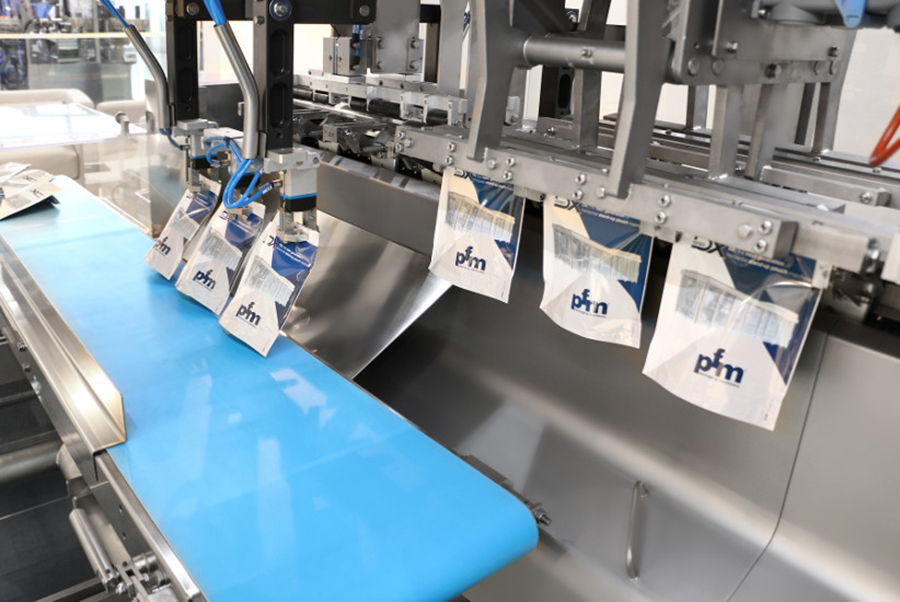
-
 Afrikaans
Afrikaans -
 Albanian
Albanian -
 Amharic
Amharic -
 Arabic
Arabic -
 Armenian
Armenian -
 Azerbaijani
Azerbaijani -
 Basque
Basque -
 Belarusian
Belarusian -
 Bengali
Bengali -
 Bosnian
Bosnian -
 Bulgarian
Bulgarian -
 Catalan
Catalan -
 Cebuano
Cebuano -
 Corsican
Corsican -
 Croatian
Croatian -
 Czech
Czech -
 Danish
Danish -
 Dutch
Dutch -
 English
English -
 Esperanto
Esperanto -
 Estonian
Estonian -
 Finnish
Finnish -
 French
French -
 Frisian
Frisian -
 Galician
Galician -
 Georgian
Georgian -
 German
German -
 Greek
Greek -
 Gujarati
Gujarati -
 Haitian Creole
Haitian Creole -
 hausa
hausa -
 hawaiian
hawaiian -
 Hebrew
Hebrew -
 Hindi
Hindi -
 Miao
Miao -
 Hungarian
Hungarian -
 Icelandic
Icelandic -
 igbo
igbo -
 Indonesian
Indonesian -
 irish
irish -
 Italian
Italian -
 Japanese
Japanese -
 Javanese
Javanese -
 Kannada
Kannada -
 kazakh
kazakh -
 Khmer
Khmer -
 Rwandese
Rwandese -
 Korean
Korean -
 Kurdish
Kurdish -
 Kyrgyz
Kyrgyz -
 Lao
Lao -
 Latin
Latin -
 Latvian
Latvian -
 Lithuanian
Lithuanian -
 Luxembourgish
Luxembourgish -
 Macedonian
Macedonian -
 Malgashi
Malgashi -
 Malay
Malay -
 Malayalam
Malayalam -
 Maltese
Maltese -
 Maori
Maori -
 Marathi
Marathi -
 Mongolian
Mongolian -
 Myanmar
Myanmar -
 Nepali
Nepali -
 Norwegian
Norwegian -
 Norwegian
Norwegian -
 Occitan
Occitan -
 Pashto
Pashto -
 Persian
Persian -
 Polish
Polish -
 Portuguese
Portuguese -
 Punjabi
Punjabi -
 Romanian
Romanian -
 Russian
Russian -
 Samoan
Samoan -
 Scottish Gaelic
Scottish Gaelic -
 Serbian
Serbian -
 Sesotho
Sesotho -
 Shona
Shona -
 Sindhi
Sindhi -
 Sinhala
Sinhala -
 Slovak
Slovak -
 Slovenian
Slovenian -
 Somali
Somali -
 Spanish
Spanish -
 Sundanese
Sundanese -
 Swahili
Swahili -
 Swedish
Swedish -
 Tagalog
Tagalog -
 Tajik
Tajik -
 Tamil
Tamil -
 Tatar
Tatar -
 Telugu
Telugu -
 Thai
Thai -
 Turkish
Turkish -
 Turkmen
Turkmen -
 Ukrainian
Ukrainian -
 Urdu
Urdu -
 Uighur
Uighur -
 Uzbek
Uzbek -
 Vietnamese
Vietnamese -
 Welsh
Welsh -
 Bantu
Bantu -
 Yiddish
Yiddish -
 Yoruba
Yoruba -
 Zulu
Zulu
Exploring Different Types of Thread Rolling Machines for Industrial Manufacturing Applications
Types of Thread Rolling Machines in Factories
Thread rolling machines play a crucial role in the manufacturing industry, especially in the production of fasteners and other components that require precision threads. These machines utilize a process known as cold forming, where material is shaped and deformed to create threads without removing any material. This article will explore the various types of thread rolling machines commonly found in factories, their applications, and the benefits they bring to manufacturing processes.
1. Flat Die Thread Rolling Machines
Flat die thread rolling machines are among the most common types used in factories. These machines utilize flat dies to impart threads onto cylindrical workpieces. During the rolling process, the workpiece is inserted between two flat dies, which are shaped to form the desired thread profile. This type of machine is particularly suitable for high-volume production of simple thread patterns and is known for its efficiency and cost-effectiveness. Additionally, flat die machines can produce a variety of thread sizes and can be adjusted to accommodate different material specifications.
2. Circular Die Thread Rolling Machines
Circular die machines, sometimes referred to as rotary die rolling machines, use a pair of cylindrical dies that apply pressure to the workpiece as it rotates. This method allows for the creation of threads with greater accuracy and detail compared to flat die machines. Circular die machines are effective for rolling complex or multi-start threads and are often used in the production of high-precision components such as screws, bolts, and specialized fasteners. Their ability to produce intricate thread designs makes them indispensable in industries like automotive, aerospace, and electronics.
3. 3D Thread Rolling Machines
types of thread rolling machine factory

The advent of modern technology has led to the development of 3D thread rolling machines, which are capable of creating threads with varying pitches and profiles on the same workpiece. These sophisticated machines use advanced CNC (Computer Numerical Control) technology to automate the thread rolling process, allowing for greater flexibility and speed in production. 3D thread rolling machines are ideal for manufacturers who require custom thread specifications and small batch productions. Their versatility and precision make them a popular choice in specialized industries where tight tolerances are crucial.
4. Universal Thread Rolling Machines
Universal thread rolling machines are designed to handle various thread sizes and types, making them a valuable asset in multi-purpose manufacturing facilities. These machines can easily switch between different die configurations and settings, allowing operators to produce a wide range of threaded components without extensive downtime. The ability to accommodate different workpiece dimensions and materials makes universal thread rolling machines a practical solution for factories looking to maximize productivity while minimizing equipment investment.
Benefits of Thread Rolling Machines
The advantages of using thread rolling machines in manufacturing processes extend beyond just the creation of threaded components. Thread rolling is less labor-intensive compared to traditional machining processes, leading to lower production costs and faster turnaround times. Additionally, the cold forming process not only enhances the mechanical properties of the material, leading to stronger threads, but also results in a cleaner, waste-free operation since there is no cutting involved.
Conclusion
In conclusion, the various types of thread rolling machines available in factories offer unique capabilities that cater to different manufacturing needs. From flat die machines for simple thread production to advanced CNC-operated models for complex designs, each type plays a significant role in improving efficiency and quality in the manufacturing sector. As industries continue to evolve, the demand for precision-engineered threaded components will drive innovations in thread rolling technology, making these machines indispensable in modern manufacturing.
